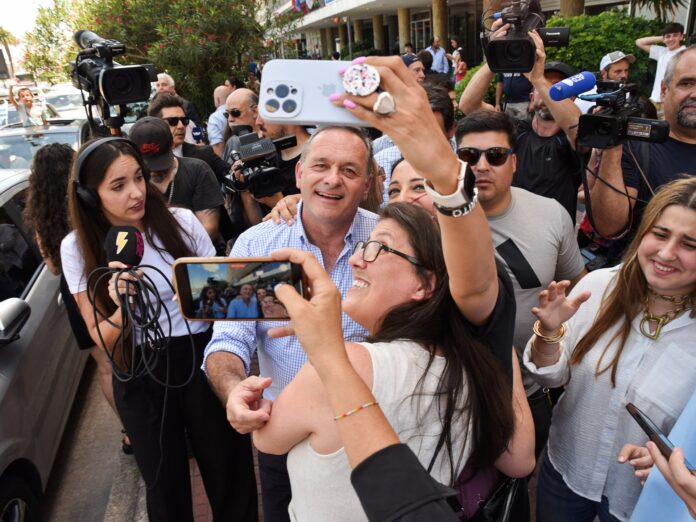Violence tainted Mexico’s elections this year, while protests and allegations of fraud marred Venezuela’s presidential race.
However, Uruguay’s presidential election on Sunday proceeded with much less drama.
Situated on the southern Atlantic coast north of Argentina, Uruguay was among the Latin American countries holding crucial presidential elections this year.
In contrast to its neighbors, Uruguay is seen as a bastion of democratic stability in the region.
The recent election was a run-off between the top two candidates from the October 27 general election.
Yamandu Orsi, of the left-wing Broad Front coalition, was the initial favorite after receiving 44 percent of the vote in October but fell short of an outright win.
Alvaro Delgado of the ruling National Party, who came in second with 27 percent, is expected to benefit from the support of the 20 percent who voted for the third-place candidate in the first round.
Both Orsi and Delgado have strong support and the outcome of the election was uncertain.
Orsi, a history teacher aged 57, has the backing of former President Jose Mujica, a leftist icon known for his humble lifestyle during his presidency from 2010 to 2015.
Delgado, a 55-year-old former veterinarian, is running for the National Party in place of the outgoing President Lacalle Pou, who cannot seek re-election.
Both candidates have focused on improving Uruguay’s economy, with Orsi prioritizing higher wages for low-income workers and Delgado emphasizing bureaucratic reform and trade agreements with China.
Regardless of the outcome, both candidates have pledged to accept the results and work together.
“We must cherish our democratic coexistence,” said Fernando Pereira, the leader of the Broad Front coalition.
Despite not making it to the run-off, third-place candidate Ojeda noted the calm and peaceful atmosphere surrounding Uruguay’s election.






